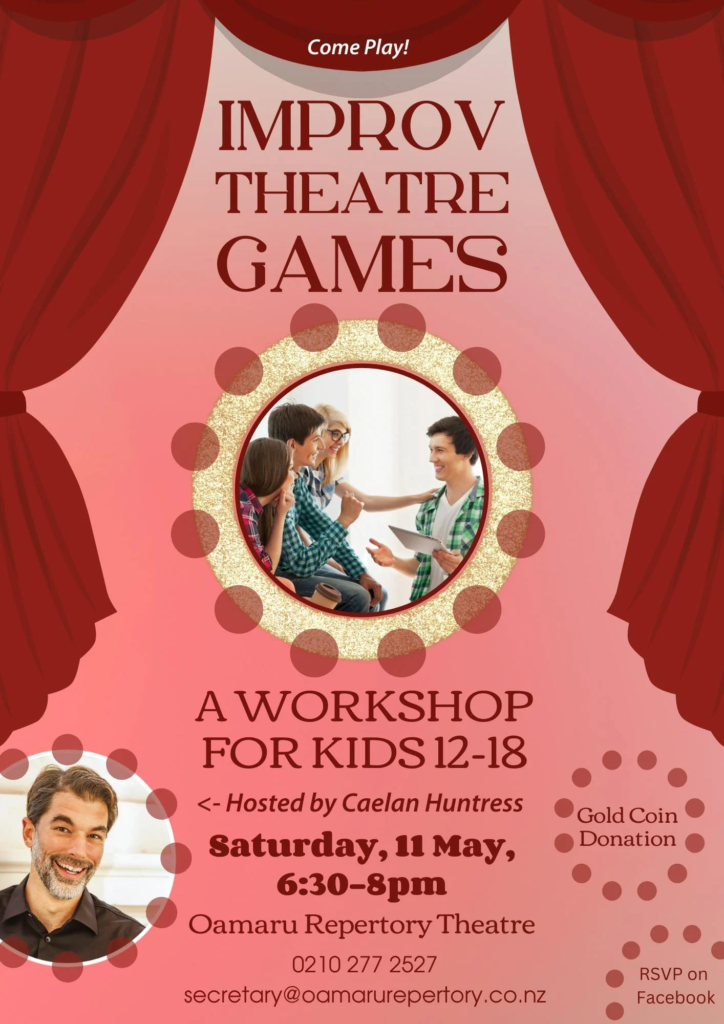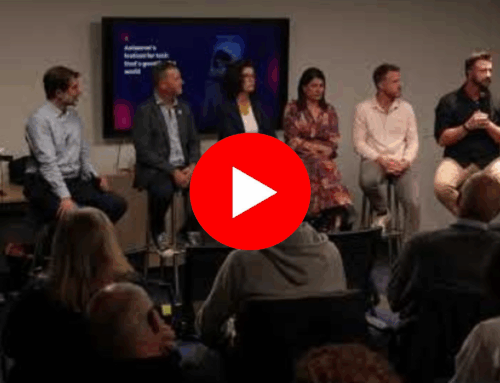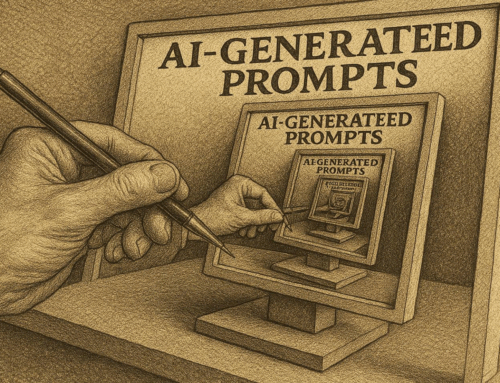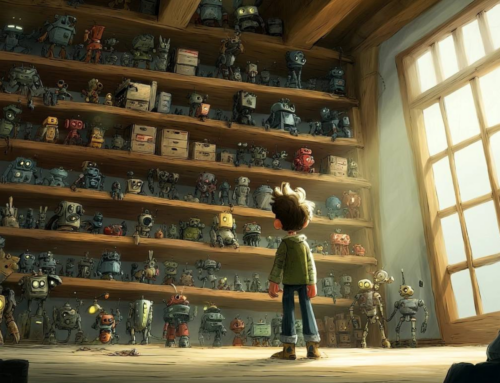Recently I taught an improv workshop at the local repertory theatre. We played many fun games, rapid games which sharpened our wits and made us laugh.

What made this workshop work so well was the bell.
Whenever the bell sounded, two things happened:
- Everyone onstage took a bow and went offstage, and
- Everyone in the audience clapped.

This gave a positive, uplifting, and successful finish to each game. Every skit was an intellectually and emotionally demanding experience. The frequent applause gave the actors the confidence to try again, and again, next time.
Improv games are really short. Sometimes you can do two or three in a minute. They do get longer, but I was working with dozens of teenage actors who hadn’t all met before. Short games let everyone have many turns, and try and try and try again.
This was my first time teaching anything theatrical in a decade, so it deserved some reflection. I recalled these life lessons, learned in my own youth through the theatre:
Agreement gets you farther than conflict.
- The simple game ‘Yes, And’ helps actors build a scene together. Whatever anyone says onstage, the next person says ‘Yes, And’ and continues. If you say ‘No, but’ – the scene stops. It breaks. In a later game, one actor tried to correct another, and the scene broke. I rang the bell, and after applause, we talked about the ‘Yes, And’ game. Everyone saw how in that scene, conflict broke the world the characters were in, while agreement would have built it.
Fail fast and move on.
- Every failure was applauded, because every performance was an act of bravery. We gathered as actors to attempt the absurd and the silly. Sometimes scenes didn’t work, and what did we do? We rang the bell, clapped our hands, and moved on. More games meant more chances to discover something brilliant! Quantity begets quality, eventually.
Encouragement makes the community stronger.
- When you applaud your fellows, they gain creative confidence. This makes them more likely to reciprocate, and applaud you in turn. Everyone’s affection gives the community its own character of love.
Your passions are the most potent.
- One actor went on a Harry Styles rant that was hilarious. Because, she confessed after the scene, she actually was such a fan. This gave her SO MUCH material to use in the game. Creating outlandish characters, so very different from us, is common in improv. However, your imagination can burn hotter fuel if you feed it your true passion.
Creativity is practiced.
- Like any muscle, creativity must be exercised, or it will atrophy. Regular use increases your ability. Warm-ups prepare you to be flexible, agile, and strong. Everyone became more creative halfway through the workshop, because they were warmed-up, practiced, and confident.
Fun makes fast friends.
- Laughter is the bond of sharing joy together. When you have fun with strangers, you find new common ground, shared interests, and your create memories together.
Why Am I Teaching Improv?
All of the greatest role models of my life have been directors and actors who taught me theatrical arts.
Returning to this craft, even briefly, reminds me what I truly love about it. Getting in the spotlight and showing off is fun, sure. But what I really love about the theatre is how it helps you to understand some of the biggest lessons of life, and ultimately, stagecraft makes you into a better person.
At least, that’s what it did for me. Maybe I’ll pass some of that on to the next generation of actors.
Make a good production, with dazzling spectacle? Yeah, sure. Make the world a better place, because there’s better people in it? Even better. 😃





Leave A Comment